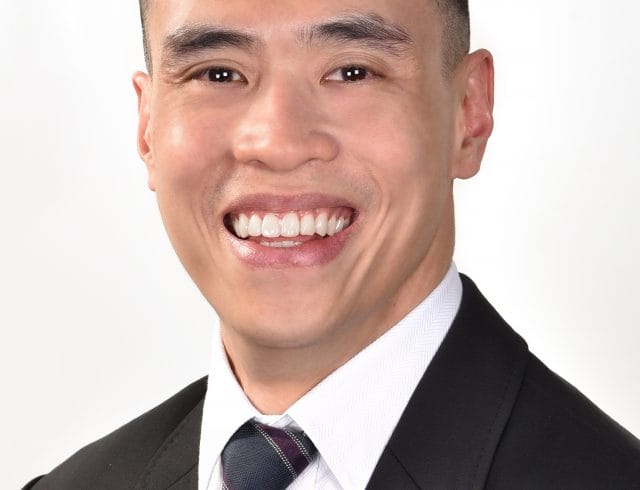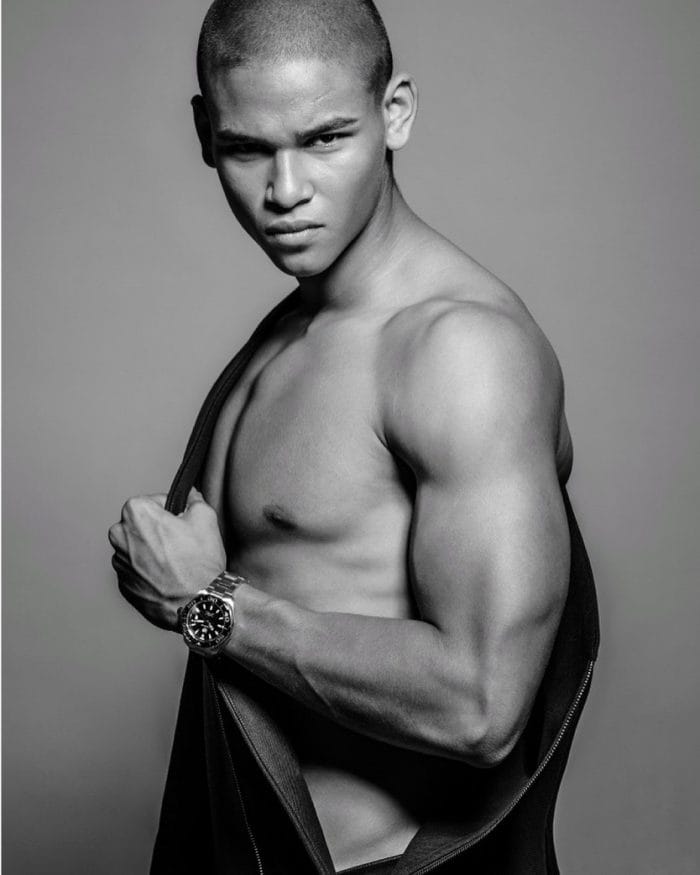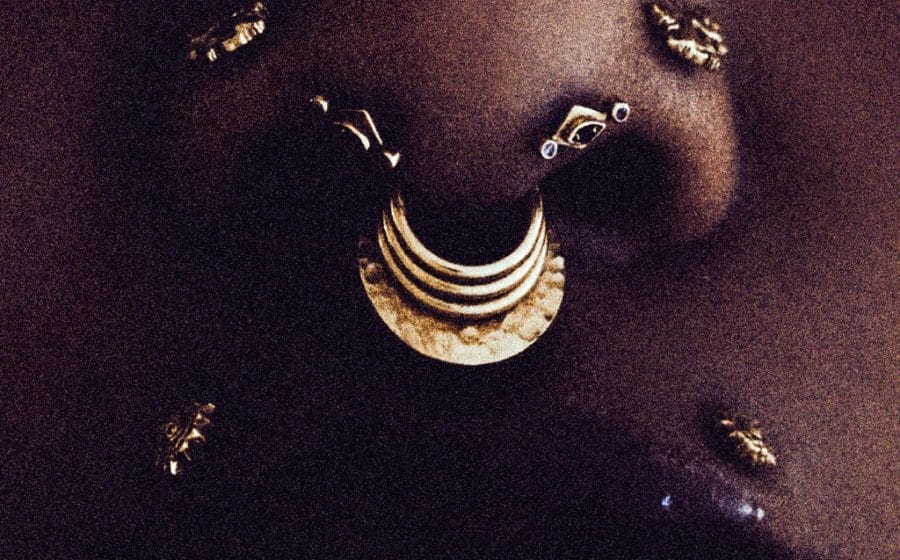
If you’ve clicked into this story, you might possibly be experiencing some form of hair0-related crisis and wondering what is the what, how and why of hair loss.
To make you feel better, hair loss affects up to 70% of men and some experience it as early as the teenage years (it usually starts at the temples and the front hairline) before slipping down the slope of a receding hairline.
Don’t fret because firstly, it’s possible to look great bald. Secondly, there’s a lot you can do if you think you can’t make panties drop or children giggle with that hairstyle.
Here, we speak to Dr Etienne Wang , a consultant at the National Skin Centre Singapore on the what, how and why of hair loss — turns out, you don’t really have to wash your hair everyday.
—
The most important question we have: is it okay to alternate the days you wash your hair?
There is no harm in varying the frequency of hair washing. It all depends on your own tolerance for sweat or oil build up on your scalp.
Some people wash their hair only once a week in temperate climates! If you are either in air-conditioned offices all day, mostly sedentary, or don’t feel like your hair or scalp is dirty, it’s perfectly fine to wash your hair every couple of days.
Of course, your loved ones will let you know if a wash is past due!
—
Genetics versus washing your hair aggressively — which one contributes more to the what, how and why of hair loss? Are there any other factors that causes balding?
Aggressive hair washing is very unlikely to lead to significant hair loss. The hairs you see in the shower are hairs that were ready to be shed anyway – everyone sheds about 50 to 100 strands of hairs every day as part of the normal hair cycle.
Genetics will definitely be the main cause of visible hair loss and balding in many patients.
—

More daddy than dude who completely gave up — Noma Han in our March 2017 issue.
—
Is balding and hair thinning co-related?
“Hair thinning” can mean two things — lowered hair density or a reduction in hair shaft thickness.
We can observe the reduction in hair shaft thickness in androgenetic alopecia (male or female pattern balding), and not in other forms of hair loss.
—
Are there any lifestyle factors that contribute to the what, how and why of hair loss? Is emotional health possibly a reason?
A certain type of hair loss is definitely associated with stressful life events such as pregnancy, crash dieting and nutritional deficiencies.
People who are stressed emotionally may also experience hair loss from many different factors which could range from poor diet, lack of sleep, hormonal imbalances, or even autoimmunity!
It is very important to consult a dermatologist to exclude more serious forms of hair loss, and not just dismiss it as an “emotional” reaction.
—

Irfan Fandi’s tough guy do in our August 2016 issue. Rough forehead scar not included.
—
If the above is true, what are some moves you can make to counteract the what, how and why of hair loss?
The first thing to be done is to consult a dermatologist to ensure there is no serious or easily reversible cause of the hair loss.
General lifestyle advice such as regular, well-rounded meals and adequate sleep will definitely help.
Some patients experience cycles of stress that might lead to hair loss becoming a long-term problem, and these patients may require special attention and advice not just from a dermatologist but perhaps also a psychologist, social worker or life coach.
—
What exactly does a “healthy scalp” mean? How can you tell if it’s healthy?
A healthy scalp is the same as healthy skin – well moisturised and oil-balanced without inflammation or flaking.
On close inspection, a healthy scalp is smooth, with no dandruff or dead skin cells and with healthy hair shafts emerging from the follicles.
—
Do you believe in the concept of “no-poo” which is to say not using shampoo?
Not everyone requires shampoos, and some shampoos on the market are way too strong or drying for some people.
The scalp itself should produce enough sebum (oil) and proteins to keep the hair healthy and clean with just water (this is the way small animals keep their fur clean!).
However, some individuals will definitely benefit from shampoos, particularly those with very oily scalp or have problems with dandruff or scalp itch.
—

If going the full monty doesn’t work, a boyish close crop works too — like Korean model Chanil in our November 2018 issue.
—
Come to think of it, what is the ideal hair care routine in your opinion?
The ideal hair routine is the simplest one that you like and can perform regularly. Every person is different and hair care unfortunately is not a one-size fits all.
Different shampoos also work differently on every person, and everyone’s scalp has different reactions to hair products. That said, a good moisturising shampoo to manage build-up of dead skin cells and oil is beneficial.
Everything else — including conditioners, serums, hair masks and oils are entirely optional and based on personal preference.
—
Do you believe in taking supplements for hair health? If so, what kind?
No, supplements for hair health have not been shown to be effective and will probably do more harm than anything at all.
I would not recommend anyone wasting money on supplements unless they have a diet that predisposed them to nutritional deficiencies, in which case they should be reviewing their dietary choices.
—
When should someone just give up and go bald? Is there a form of hair loss that is irreversible?
Some forms of autoimmune hair loss conditions are irreversible, but these are rare and should be dealt with by a dermatologist.
Male or female pattern balding may also be irreversible after a certain time, but we have medications and procedures that can slow this process down if used early.
Giving up on your hair is also a personal and individual choice. Some people embrace the bald head and that is okay too!
Treatments and how aggressive we treat hair loss varies according to the needs and expectations of every single patient.








